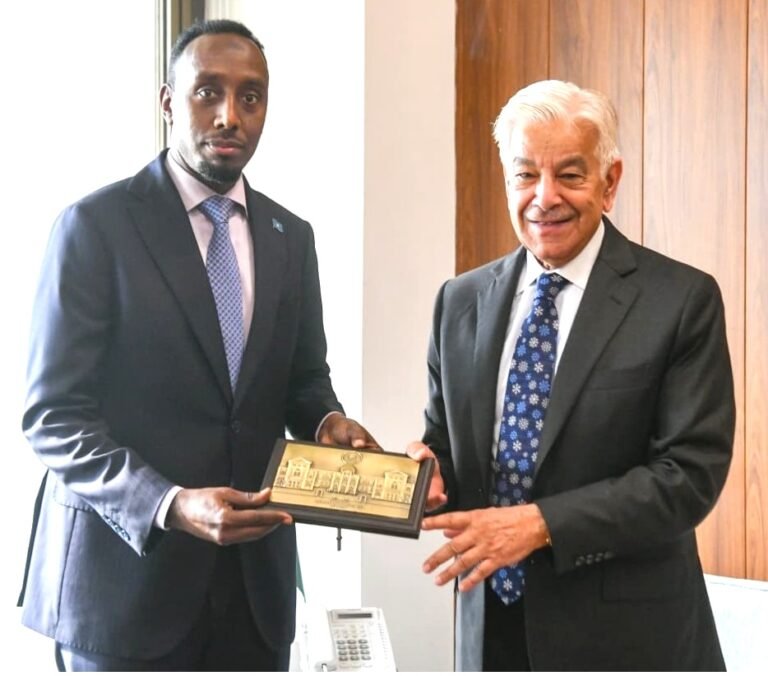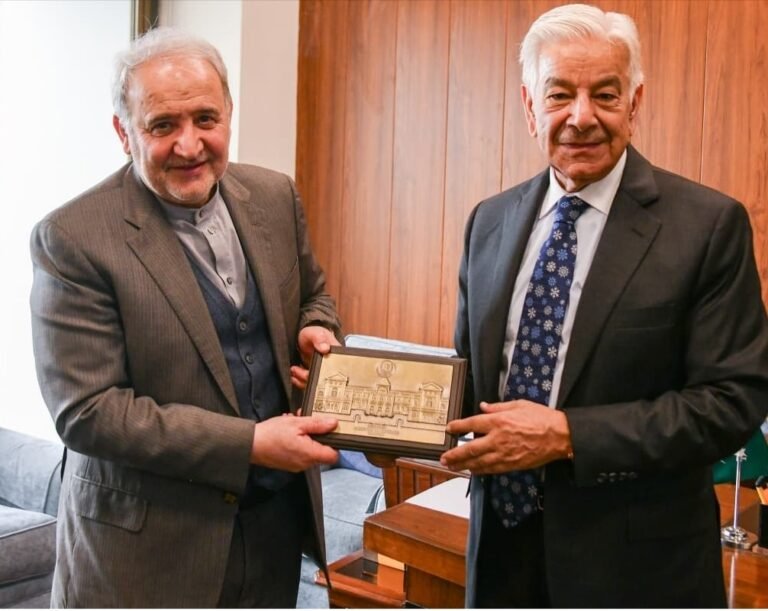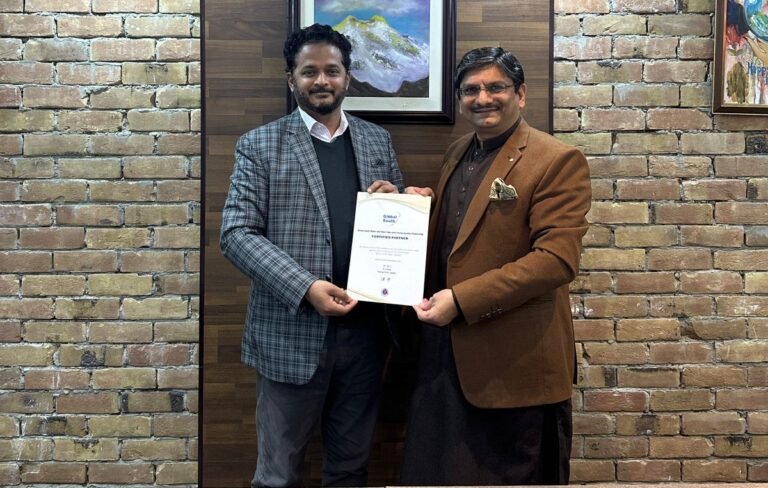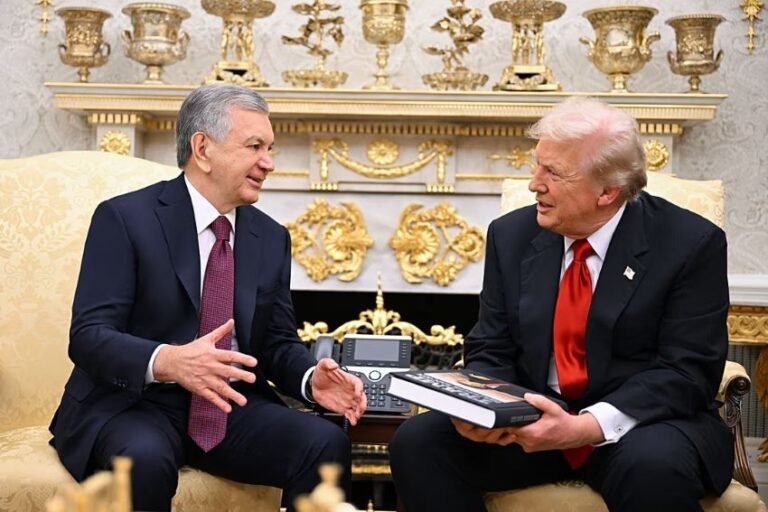From street activism to global diplomacy, African women have been making their mark on the world in ways that history has never credited them for.
Every year, July 25th is celebrated as the International Day of Women and Girls of African Descent worldwide, a day that was officially acknowledged by the United Nations General Assembly in 2021.
Apart from celebrating the existence and strength of women of African descent, the day brings to notice the worldwide constant struggle that women of African descent face with racial, gender, and economic inequalities.
Over the years, African women have continued to disrupt systems of oppression, initiated significant change, and led revolutionary movements with power and conviction. Although numerous, this article will focus on five women whose extraordinary tales of leadership, strength, and change have shaped the world in some way.
Wangari Maathai – Mother of the Green Movement
Wangari Maathai, a renowned Kenyan environmentalist, was the first black woman to be awarded the Nobel Peace Prize. She initiated the Green Belt Movement, a grass-roots campaign that empowered women to plant millions of trees across Kenya and tackle the problem of deforestation, poverty, and political oppression. Despite Maathai’s efforts being opposed by the authorities, she never lost her resolve to ensure the health of the world and its people.
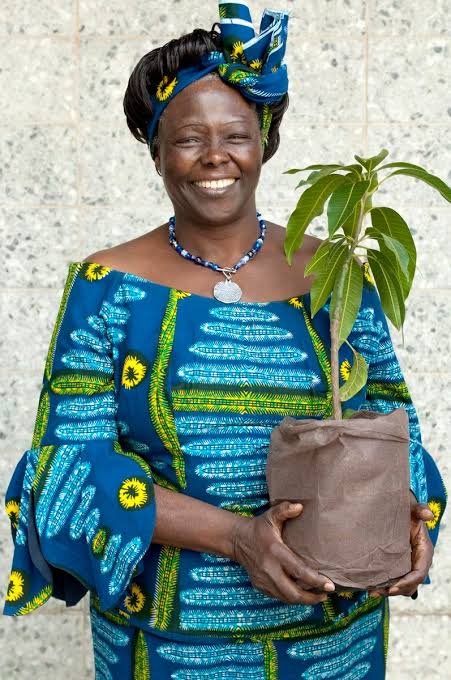
Her work is bringing together environmental protection and democracy, social justice, and human rights. She proved that the struggle for the planet and the voice of women cannot be separated. Her legacy continues to inspire climate activists, especially women, in Africa and the world.
Chimamanda Ngozi Adichie: An Author of Identity and Equality
Ngozi Adichie, born and brought up in Nigeria, is among the most powerful voices in literature. Her novels, including Half of a Yellow Sun and Americanah, piercingly lay bare the complex problems of race, identity, gender, and migration.
In fiction and nonfiction, she encourages people to reflect critically on the systems that structure our societies.
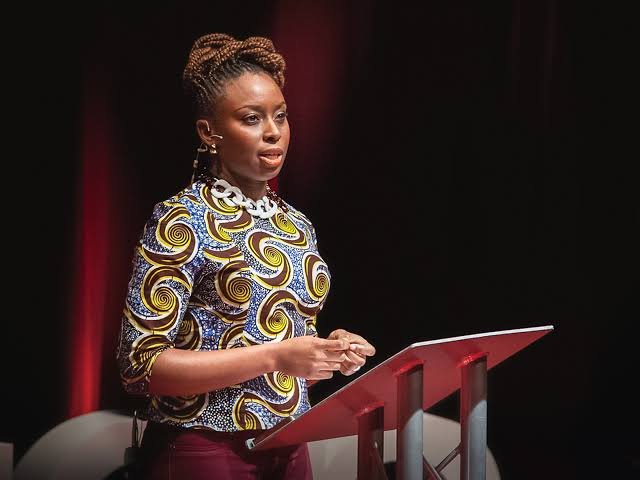
Her TED Talk, “We Should All Be Feminists,” has sparked a worldwide debate on gender equality and has been adopted in schools, parliaments, and even in popular music.
Adichie’s writing explains stereotypes and gives young African women literary representation around the world. She rewrote the script on how African stories are told, to prove that African women are not mere objects; they are authors of their own stories.
Ngozi Okonjo-Iweala: A Pioneering Global Economics Trailblazer
Ngozi Okonjo-Iweala, a successful policymaker and economist. She became the first female and the first African to head the World Trade Organization. She has served as the Nigerian Finance Minister for two terms and the Managing Director at the World Bank for some decades before taking up this global role. She has been a constant voice in her line of work advocating for debt relief, economic reform, and fair access to vaccines in the world.
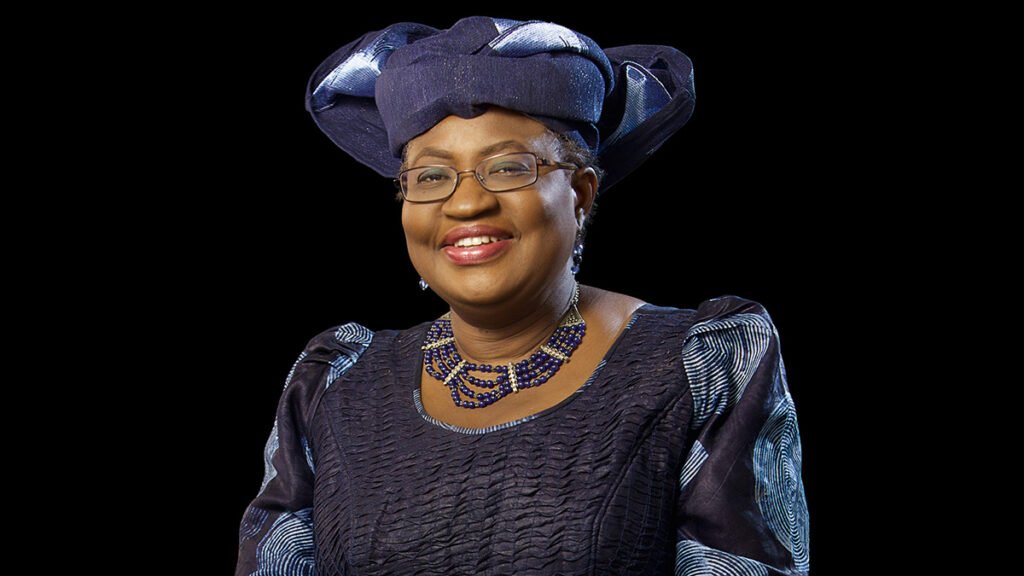
Okonjo-Iweala’s leadership is a model of synthesis of evidence-based policy and unwavering commitment to justice. Whether she advocates for equitable trade or campaigns for a post-COVID-19 recovery that is inclusive of all, she effectively represents developing countries in world economic forums. Her efforts show that African women are not just players in policymaking; instead, they are leaders.
Leymah Gbowee: Liberia’s Peace Warrior During Liberia’s brutal civil war
Leymah Gbowee mobilized women from both major religions and ethnic groups to call for peace. She formed the Women of Liberia Mass Action for Peace, with nonviolent demonstrations, sit-ins, and vocal protests that forced warlords to the bargaining table and ultimately ended the war.
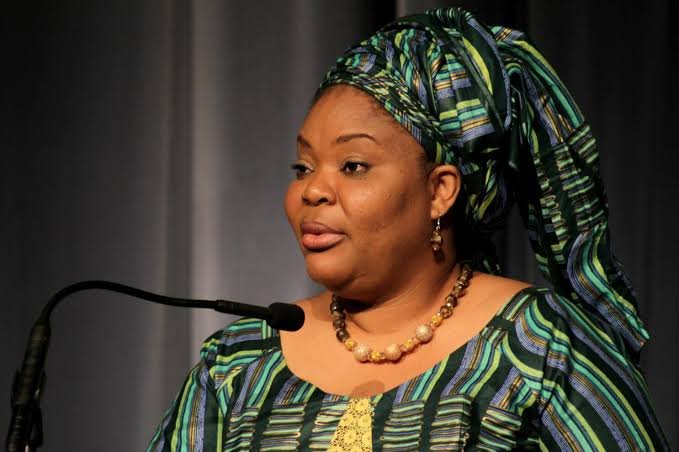
Her leadership and bravery were well justified when, in 2011, she received the Nobel Peace Prize. But Gbowee did not stop and continued working to educate and develop leadership in young women through Gbowee Peace Foundation Africa, which she established later. Her journey is evidence that the power of grassroots women’s movements can not just stand against governments but also society at large.
Ilhan Omar: A Foreign Policy Champion of Justice
Ilhan Omar’s journey to becoming a member of the US Congress, starting from a refugee camp in Kenya, is a story of resilience, bravery, and dedication to justice. As the first two Muslims and the first Native American woman to serve in Congress, she has used her voice to fight for racial justice, immigrant rights, and a more inclusive government.
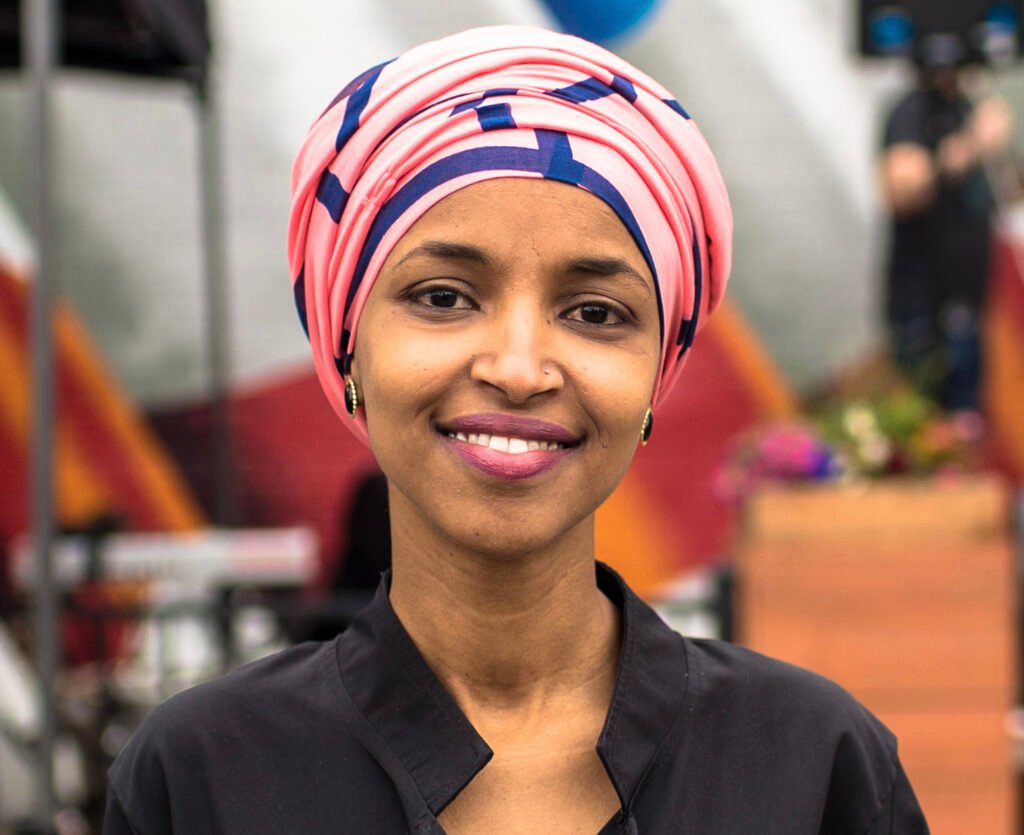
Omar is vocal on structural obstacles that face marginalized communities and advocates for policies to support working-class families. Her own experiences as a Black woman, an immigrant, and a Muslim woman deeply inform her political style. She is, in turn, reshaping the very definition of leadership in some of the most powerful institutions in the world.
Beyond Acknowledgment: A Call to Action
These five women’s lives are truly inspiring, not only because of their titles or honorifics, but much more importantly because of the changing realities that they have brought about at the local, national, and international levels. Their lives show what is possible when there are given opportunities, resources, and power to African women to lead.
But today is not only a celebration; today is a reminder of what remains to be accomplished. Across the globe, African descent women and girls continue to bear disproportionate burdens:
In countries like the United States, Brazil, and Colombia, Black women are disproportionately concentrated in low-paying and precarious labor.
African-descendant women are several times more likely to die from childbearing-related causes, which are preventable.
They are still misrepresented and underrepresented among politicians and in the media. And around the world, corrosive stereotypes and institutionalized racism continue to restrict opportunity and access.
Today, let us honor the past, empower the present, and envision a future where every girl of African descent can dream big, lead without apology, and live unconditionally. Their voices challenge us not just to admire but to act.
A passionate International Relations student with a strong interest in diplomacy, policy, and global affairs. Dedicated to contributing thoughtful analysis and research on international issues.






